Denver Deploys Drones during 911 Calls: The End of Traditional Policing?
Denver, Colorado, is set to deploy aerial drones for certain situations instead of dispatching officers, as announced by the city's police department. This innovative initiative will be funded by a $100,000 grant from the Denver Police Foundation. The department plans to purchase several drones and launch the program within six to 12 months.
In response to an $8.4 million budget cut by Democrats, the Denver Police Department (DPD) will use drones as first responders. These drones will assess incidents before deciding if a physical police response is necessary. "The DPD would respond to any call for service where someone is physically requesting a police officer on the scene. But if there was a fight at Colfax and Cherokee, and we put a drone in the air and there is no fight and nothing causing traffic issues, then we would reroute our police officers to other emergent calls," explained Phil Gonshak, director of Denver PD’s Strategic Initiatives Bureau. He emphasized that the program is just beginning to "lift off" and assured that drones would not replace police officers entirely.
Sgt. Jeremiah Gates, leader of Arapahoe County’s drone unit, described drones as "the future of law enforcement at some point, whether we like it or not." He illustrated their practical use: "I could fly the drone over a reported suspicious vehicle and say, 'Hey, that vehicle is not out of place,' and I never had to send an officer over to bother them, and I can clear it with that. It’s saving resources." He added that drones could identify if a reported weapon was not a gun before officers approach a suspect, potentially diffusing dangerous situations.
However, civil liberties advocates express concerns over privacy and the potential for misuse. Laura Moraff, an attorney with ACLU Colorado, warned of the implications of widespread drone surveillance. "We’re worried about what it would mean if drones were really just all over the skies in Colorado," she said. "We are worried about what that would mean for First Amendment activities, for speech and organizing and protesting — because being surveilled by law enforcement, including by drones, can change the way people speak and protest."
Moraff also highlighted the risk of "over-policing" in black communities, where many 911 calls originate. "We know there is a problem with people reporting Black people doing normal everyday things as if there is something suspicious going on," she said. "So sending out a drone anytime there is a 911 call could be dangerous and lead to more over-policing of communities of color."
Moraff added that the normalization of drones in the skies could impact public behavior significantly, as constant surveillance may cause people to alter their actions and interactions.
While police claim they will use drones responsibly, the potential for abuse and the establishment of a surveillance state remain significant concerns.
-
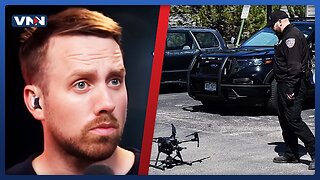 7:29
7:29
Vigilant News Network
1 month agoDRONES to Respond to 911 Calls, Denver Police Says
1.21K3 -
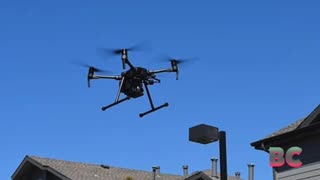 1:33
1:33
B.C. Begley
1 month agoDenver police say drones will respond to 911 calls instead of cops
113 -
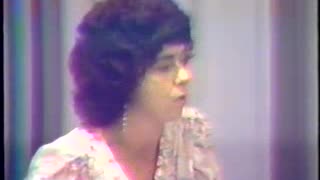 57:16
57:16
The Memory Hole
1 month agoThe American Police State: Government Surveillance & Harassment
9632 -
 13:39
13:39
Future Forward
1 month agoDrones and Espionage: The U.S. Dilemma with Chinese Technology
65 -
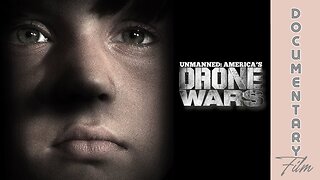 1:04:39
1:04:39
The Michelle Moore Show
1 month agoDocumentary: Unmanned: America's Drone Wars
13.1K5 -
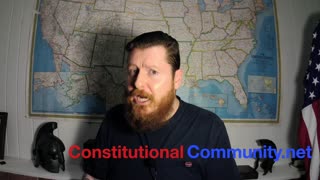 31:58
31:58
ConstitutionalCommunity
2 months agoAmerican Law Enforcement- Who do you actually serve?
1621 -
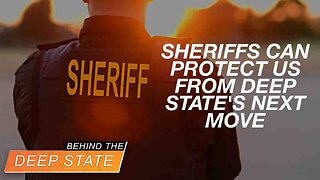 22:29
22:29
Behind The Deep State
2 months agoSheriffs Can Protect US From Deep State's Next Move
3791 -
 5:30
5:30
Chrissy Clark
1 month agoFBI Authorized To Use “DEADLY FORCE” Against Trump
37.4K36 -
 11:49
11:49
Mike Martins Channel
1 month agoOklahoma to Jail Citizens who post offensive things online, Massive Censorship in Brasil , Canada
4321 -
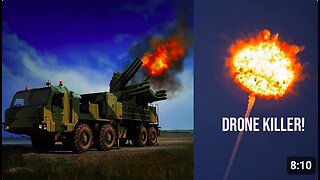 8:09
8:09
deNAZIfication - Special Military QperationZ WORLDWIDE
1 month agoDrone Killer! Russia deploys Over 50 Pantsir systems to protect facilities from drone threats
1.43K1